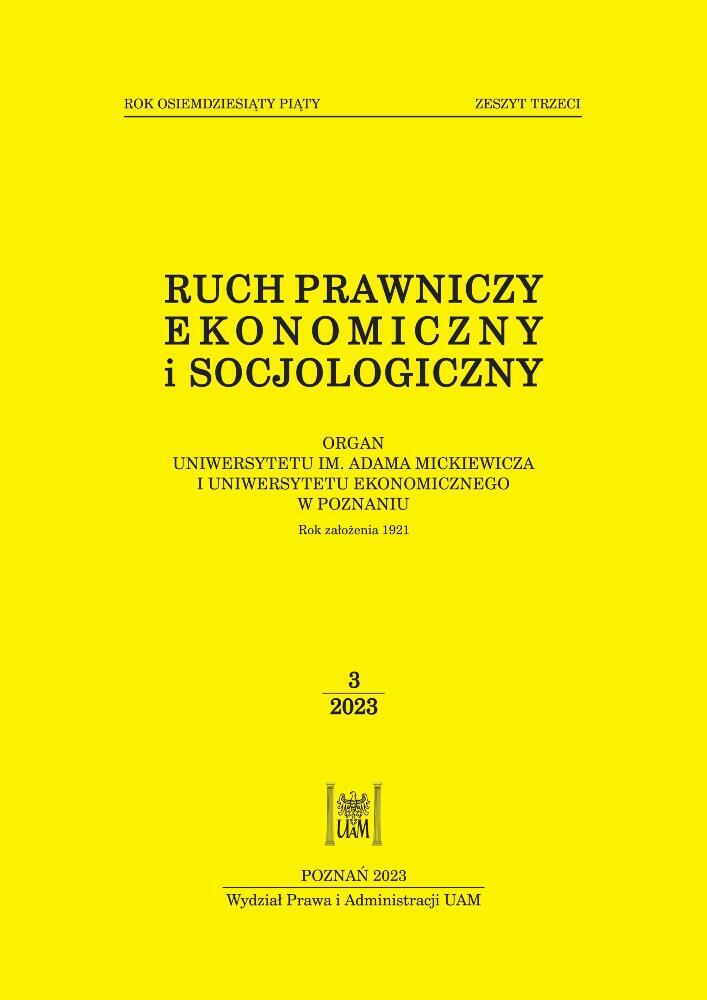THE ROLE OF ‘GREEN’ COURTS
IN SHAPING ENVIRONMENTAL JUSTICE
IN INDIA AND NEW ZEALAND
THE ROLE OF ‘GREEN’ COURTS
IN SHAPING ENVIRONMENTAL JUSTICE
IN INDIA AND NEW ZEALAND
Author(s): Samanta KowalskaSubject(s): Environmental interactions, Comparative Law
Published by: Uniwersytet Adama Mickiewicza
Keywords: environmental law; environmental justice; National Green Tribunal in India; New Zealand Environment Court; ecological values;
Summary/Abstract: The depreciation of values, combined with the expansion of agriculture, industry and the economy, results in the erosion of existing protection mechanisms, as well as commodificationand dominance of economic factors. The increasing degradation of the natural environmentreveals an increasing number of areas requiring urgent and coordinated protection. The aimof the article is to present the innovative concept of green courts, which are creating a newarchitecture of modern environmental law. In the considerations, it is indicated that ‘green’courts at a national level open the way to formulate new legal institutions, facilitate moreeffective the enforcement of environmental law, and solve legal disputes with alternativeadjudicative processes. The article discusses environmental justice based on the example ofIndia and New Zealand, which are among the first countries in the world to have developedan innovative judicial structure and environmental case law. The dogmatic method playsan essential role in the analysis of legal norms concerning the protection of environment, aswell as in determining their content and scope. The source materials originate from variouslegal orders, and diverse cultural and geographical regions. Therefore, in order to discuss theindicated issues, it is necessary to use the comparative method, and thus complete the argu-ments of a dogmatic and legal nature. In order to present the origins and evolution of law inthe scope concerning ‘green’ courts, the historical and legal method is used (temporal retro-spection). The considerations emphasize the role of specialist ‘green’ courts in maintaininga balance between the economy, the development of society, and protecting the environmentalwellbeing by shifting the focus of jurisprudence to the environmental domain. The articlehighlights the role of the application and interpretation of environmental norms from an ethicaland intergenerational perspective.
Journal: Ruch Prawniczy, Ekonomiczny i Socjologiczny
- Issue Year: 85/2023
- Issue No: 3
- Page Range: 13-26
- Page Count: 14
- Language: English

